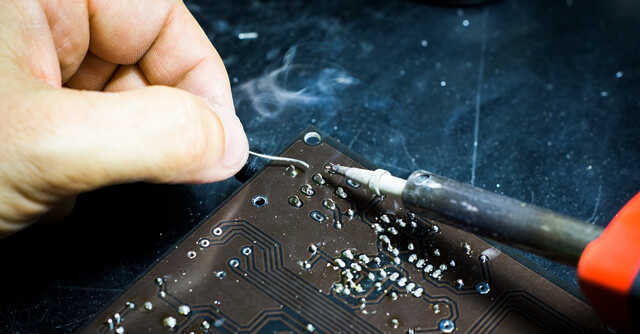
Display, camera module import restrictions lifted, industry hails decision


The Directorate General of Foreign Trade (DGFT) has decided to lift restrictions imposed on the import of components required in electronics assemblies, including displays and camera modules. The trade regulatory body of the Indian government had notified on February 9 revisions on import conditions of various goods and components, which included display panels and core components of camera modules – among many others.
Industry bodies associated with the manufacturing of various electronic goods had stated that such a move could lead to constraints in smartphone manufacturing in India, with key components being held up by customs officials. Now, the same components have been reassigned as ‘free’ under India’s import regulations.
Industry bodies, on this note, have hailed the government’s decision to revise the import order. Pankaj Mohindroo, chairman of the India Cellular and Electronics Association (ICEA), said, “We continue to believe that such ‘Ease of Doing Business’ actions, based on consultations with the industry, will help India realise its dream of becoming a global hub for electronics manufacturing and exports – reaching $300 billion by 2026.”

Earlier, in the aftermath of the Union Budget 2022, ICEA had also called for the government to reconsider the various duties that were retained, or even revised. In numerous cases of component duties being revised, the ICEA stated that failing to completely remove duties on various components critical to electronics manufacturing could lead to the industry being held back in the long run.
The Indian government has pushed for local manufacturing to be boosted, rolling out multiple production linked incentive (PLI) offerings to attract companies to set up shop here. However, it remains to be seen if initiatives taken to draw investments in critical component categories, such as semiconductors, turn to fruition in the eventual future.
With import duties being removed from critical components that were imposed in the interim, it now remains to be seen if the restrictions imposed in between may have had any impact on the device assembly process in the country.

